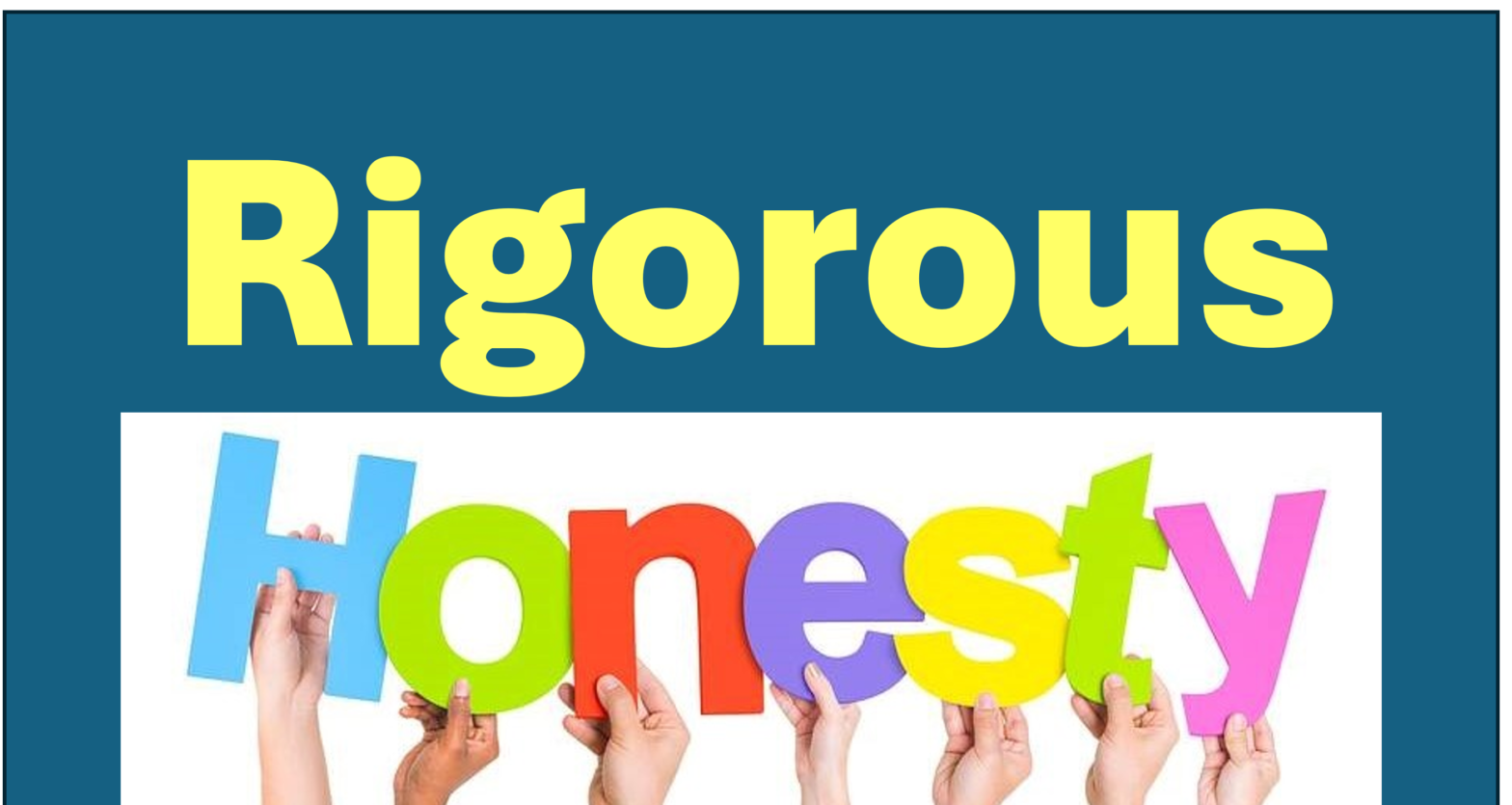
OASV Blog Editor
October 24, 2023
Rigorous Honesty Opens The Path to Recovery from Compulsive Eating
A Requirement for Recovery
In addition to having a sincere desire to stop eating compulsively, rigorous honesty is possibly the most important factor in success in recovery. The Big Book of Alcoholics Anonymous clearly states:
Rarely have we seen a person fail who has thoroughly followed our path. Those who do not recover are people who cannot or will not give themselves to this simple program, usually men and women who are constitutionally incapable of being honest with themselves.
This passage, at the beginning of Chapter 5, goes on to say that even people who suffer from grave emotional and mental disorders can recover if they have the capacity to be honest. (BB, pp. 58)
What about Denial?
I’ve heard denial defined as an acronym for Don’t Even Notice I Am Lying! This kind of sub-conscious dishonesty makes it nearly impossible for me to achieve and maintain abstinence. If I dissociate from my behavior by lying to myself about some metaphor for my addiction (and I love metaphors), it’s like forging a note from my mother about why I don’t have to go to gym class. My addiction doesn’t talk to me; I tell myself stories and then I react to my own stories.
I came to OA with a sincere desire to recover, and certainly considered myself capable of rigorous honesty. However, while learning about and working the steps, I found areas where I fell short of my own self-image (I didn’t even know I was lying). I was both fascinated by and horrified at these failures! I discovered that my dishonesty was a fear-based form of deception and self-defense.
Ruled by Fear
Fear of rejection and conflict ruled my sense of self. These fears pushed me to adopt a false persona. My deep belief, based on early-childhood messages that I was ugly, was that “you” (especially if you were male) were probably not sincere in your interest, and that if you (anybody) really knew me, you wouldn’t like me. I married my first husband, even when I knew it was a very bad idea, because I didn’t think anyone else would ever ask me. What a lie on which to base a marriage.
What It’s Like Now
I’m more conscious of the approval-seeking that pushes me toward actions so “you” will like me. I’ve learned that “no, thank you” is a complete sentence, even when someone “made it especially” for me. My abstinence is far more important to me than giving into that sort of pressure.
I am much better at catching myself reacting to my own sad or scary stories. Fear and sadness have a way of pushing me toward mood-altering behaviors that will not do me any favors. I may answer “FINE” to someone’s “how are you?” (depending on the person and circumstances) knowing that FINE is an acronym for F*ked up, Insecure, Neurotic, and Egotistical.
I am able to assess a situation, and I value my abstinence and integrity beyond someone’s opinion of me, especially if it’s based on whether or not I eat some “special treat.” Sometimes honesty requires “courage to change the things I can,” and I am working on having the self-respect to tell the truth and take care of myself.
The Rest of the Story
While I was writing this essay, my Higher Power, with a raised eyebrow, said “Oh Yeah?” and provided me with a little test. Someone I care very much about asked me for a favor I could not fulfill. I told myself several stories about how mad and disappointed my friend would be. I twisted myself into a co-dependent tizzy.
Gratefully, I no longer eat to stuff my feelings; however, I was very uncomfortable. I called my sponsor and some other trusted friends who assured me that I am not alone and to “keep it simple.” My friend understood without needing any explanation; the request was a case of “if you don’t ask, the answer is always no.”
I am so grateful for this program, the progress I have made, and the gentle reminders from my Higher Power that I am not “done” yet.
Disclaimer: I am a recovering compulsive overeater with over 30 years in OA. These comments are based on my personal experience, strength, and hope gained through working the 12 Steps and Traditions and using the tools of the program. ~Julie T.
Call for articles: Do you have an anecdote about overcoming fear-based dishonesty? Please send your blog submissions to blog@oasv.org. We look forward to hearing from you and to sharing your story of experience, strength and hope with others on this amazing journey of recovery from compulsive eating through the Twelve Steps.
